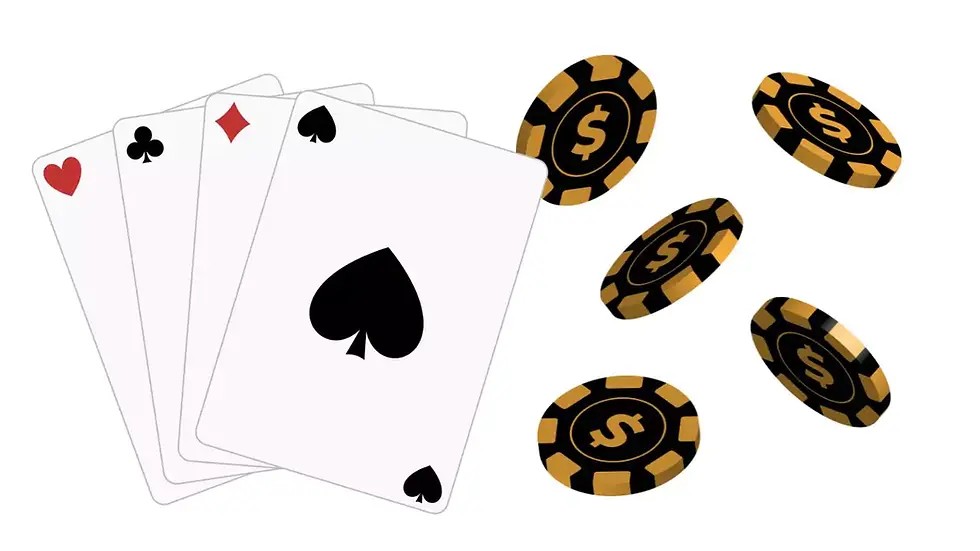India Proposes Blanket Ban on Real-Money Gaming Through New Bill
- Sagar Mankar

- Aug 20, 2025
- 3 min read

The Indian government is moving forward with a plan to impose a complete ban on real-money gaming (RMG) platforms under the proposed Promotion and Regulation of Online Gaming Act, 2025.
If passed, this bill would prohibit both skill-based and chance-based online games where players deposit money to participate, marking one of the most sweeping crackdowns the country has seen on digital entertainment.
At its core, the draft legislation doesn’t just limit real-money gaming — it outright blocks it. Any platform that allows players to pay entry fees for games or contests would be forced to shut down operations. That means big names like Dream11, Games24x7, WinZO, and Mobile Premier League could disappear from the Indian market overnight.
Adding to that, the bill proposes a financial blockade. No bank transfers, UPI payments, or digital wallet transactions would be permitted if they are tied to real-money games. Essentially, the government wants to cut off every possible channel of money flow to such platforms.
Heavy Penalties on the Table
The proposed penalties are severe. As per the draft, companies offering real-money gaming could face up to three years in prison, along with fines reaching as high as ₹1 crore.
Even celebrities who endorse or promote these platforms wouldn’t be spared — the bill suggests up to two years imprisonment and penalties of ₹50 lakh for brand ambassadors involved in advertisements.
Industry Pushback and Fears of Collapse
Naturally, the industry has pushed back hard. According to a report by TechCrunch, industry insiders believe this move could wipe out an industry worth nearly ₹2 lakh crore. Currently, real-money gaming forms the backbone of India’s online gaming market, which generated $3.8 billion in revenue in FY 2023–24. Out of this, $2.4 billion came from real-money games alone, as highlighted by gaming VC firm Lumikai.
Beyond numbers, the human cost is also significant. The sector employs more than 200,000 people and has attracted close to ₹25,000 crore in foreign investment. Industry leaders warn that the government itself could lose up to ₹20,000 crore annually in tax revenues if the law comes into effect.
The real fear, however, lies in where gamers might go next. With over 500 million online players in India, many could shift to unregulated offshore gambling platforms that offer no consumer protection or oversight. Experts say this could worsen the very issues the government is trying to tackle, such as addiction and financial fraud.
Why the Government Is Pushing This
The bill is rooted in concerns over money laundering, national security, and tragic incidents where individuals lost their savings — in some cases, even their lives — after getting trapped in high-stakes gaming. Still, critics argue that the government is painting all platforms with the same brush, lumping legitimate skill-based operators with shady offshore betting apps.
In fact, this isn’t the first attempt to regulate the space. Back in 2023, the government introduced a 28% GST on online gaming, a move that industry players labeled “catastrophic.” Several companies even challenged it in the Supreme Court. More recently, local reports suggested the government was considering pushing the tax up to 40%, sparking fresh outrage from investors.
What Happens Next
According to reports, the Union Cabinet has already cleared the draft bill, and it could be tabled in Parliament as early as this week. If it passes, a regulatory authority would be created to oversee compliance — but the law would simultaneously dismantle the legal real-money gaming sector.
For now, the fate of one of India’s fastest-growing digital industries hangs in the balance. What took over a decade to build could vanish almost overnight, leaving millions of gamers — and thousands of employees — in limbo.
The big question now is whether lawmakers will consider the economic fallout or move ahead with the crackdown in the name of consumer protection.








Comments